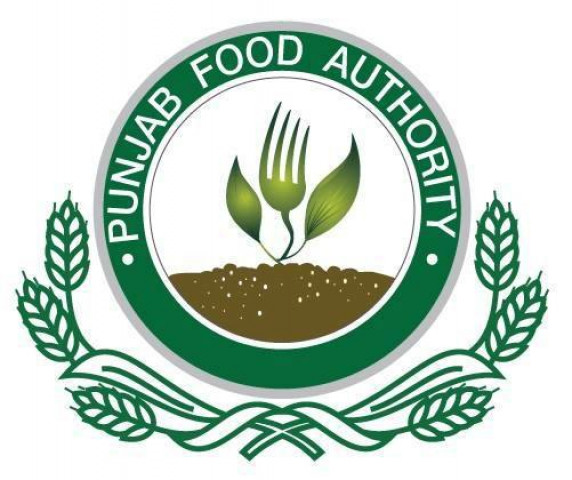PFA launches drive as deadline ends for micro-nutrient sample check
As per provincial food regulations, food manufacturers are bound to fortify food items with trace elements

PHOTO: PFA
Provincial Food Authority Director General Noorul Amin Mengal said on Wednesday that PFA officials collected samples of various food products from open markets to examine quality and fortification. As per provincial food regulations, food manufacturers are bound to fortify food items with micro-nutrients like trace elements and vitamins. The authority initiated a food fortification programme under the guidance of the authority’s scientific panel which comprises experts, government and industry representatives. The authority will check all samples in the laboratory to confirm whether these products met requisite food standards set under the initiative, he maintained.
Punjab Food Authority to ban banaspati ghee
To reduce nutrient-deficiency in population, he highlighted that the authority held dozens of meetings with stakeholders concerned and informed them about the benefits of fortification. He explained it was the industry’s responsibility to follow the rules. Now the programme was being run effectively to deal with food-related issues of the province.
He said food safety officials of the authority collected samples of various brands of wheat flour, fine flour (maida) and ghee from the open market in the presence of company representatives. These samples will be tested in a laboratory. “The authority is mandated to ensure all enriched flour was fortified with zinc and folic acid. Similarly, vitamin fortification was required in ghee and potassium iodide and iodine in salt,” he pointed out.
Mengal said the authority has given business adjustment time to the industry in a meeting held in May. The authority had bound food manufacturers to add essential trace elements and vitamins in flour, white flour and ghee during food fortification and enrichment process. The industry had assured the authority of following the PFA’s directions before completing the deadline.
He indicated that all samples will be sent to International Organisation for Standardisations (ISOs), Pakistan certified councils and laboratories for testing and examination. Once test reports will be available, the authority will initiate strict enforcement of food fortification related regulations. The authority will not remove all products which will fail to maintain minimum food standards and fortification or were proved adulterated in the laboratory test report, he warned.
Punjab, centre at loggerheads over regulation of food industry
Mengal highlighted that a large number of children in Pakistan, India and Bangladesh were suffering from different diseases due to lack of nutrients. According to a recent nutrition survey report, nearly half of children are victim of nutritional shortage and around 60 percent are suffering from anemia (a blood deficiency disease) in Pakistan, which is rather alarming. Earlier, after banning cultivation of vegetables with sewage water, the Punjab Food Authority (PFA) has also banned the use of calcium carbide – a chemical used for artificial ripening of fruits.
According to the PFA spokesman, the chemical can cause cancer, intestine infections, loss of memory, insomnia and other fatal diseases.
“Therefore, considering the harmful effects of calcium carbide, the authority has decided to ban the use of this chemical from December 10,” he added.
The authority will take stern action and discard all such fruit which are artificially ripened through the use of harmful chemicals, once the deadline of December 10 is reached, he added.
PFA Director General Noorul Amin Mengal said though artificial ripening of fruits and vegetables is dangerous for people of all ages, it is more perilous for children and elderly people. Some experts believed using calcium carbide to ripen fruits produces acetylene gas which may cause life-threatening diseases. Ethylene is being used for artificial ripening of fruit around the world, he said.
Published in The Express Tribune, November 30th, 2017.



















COMMENTS
Comments are moderated and generally will be posted if they are on-topic and not abusive.
For more information, please see our Comments FAQ